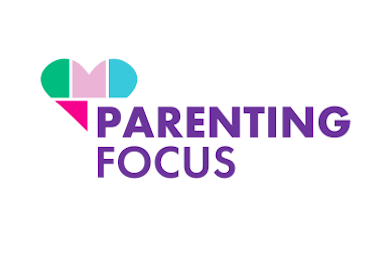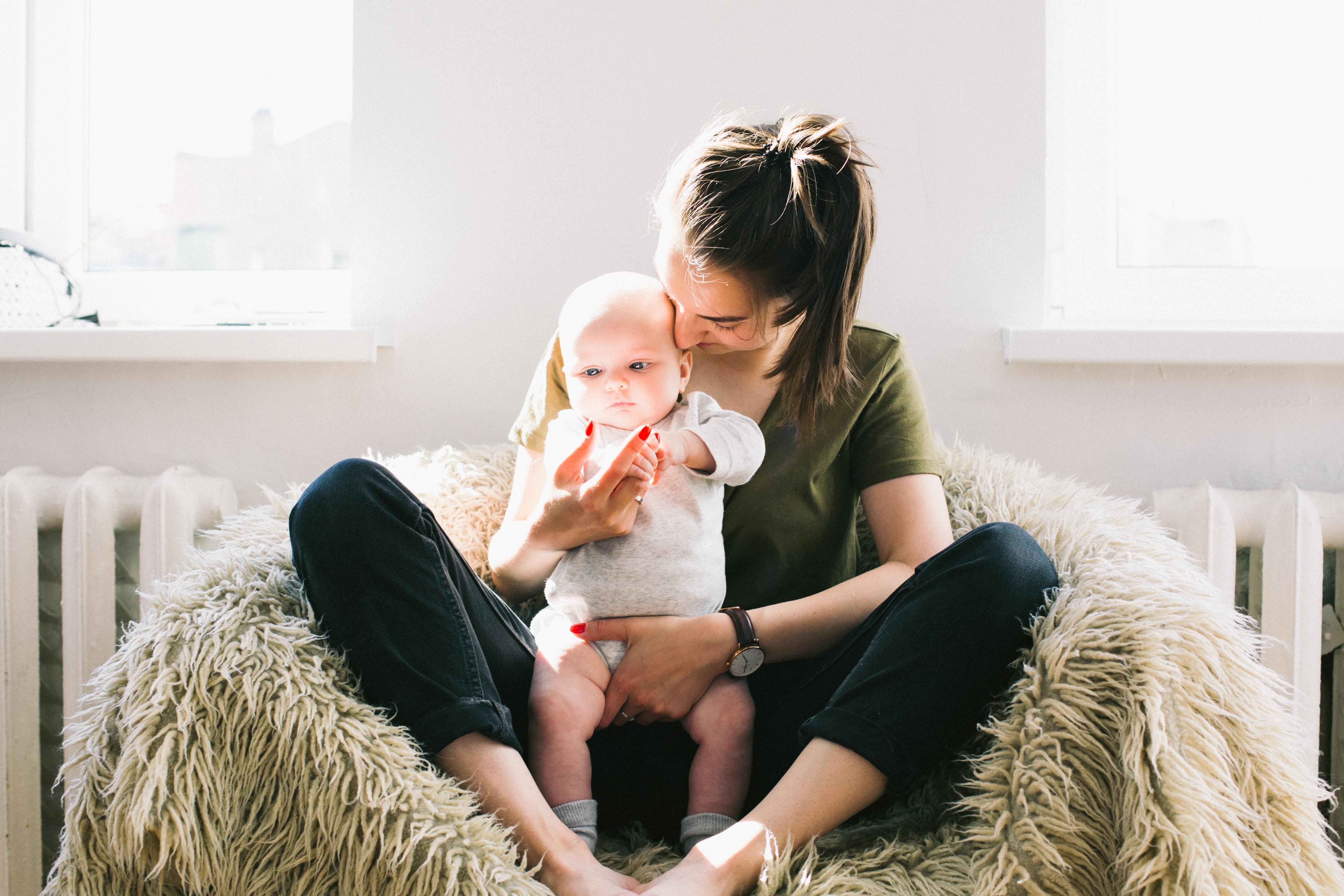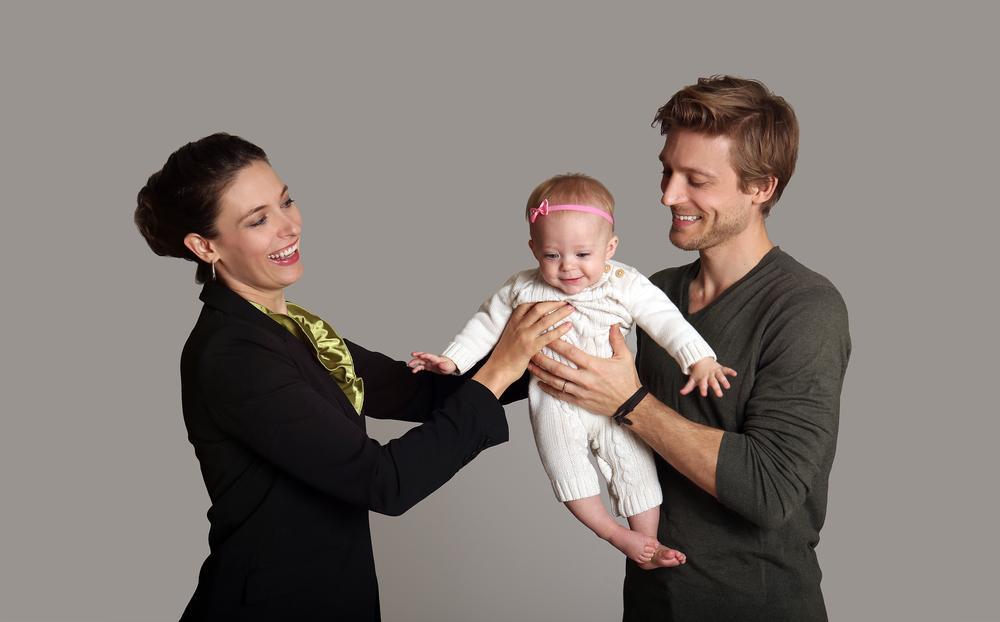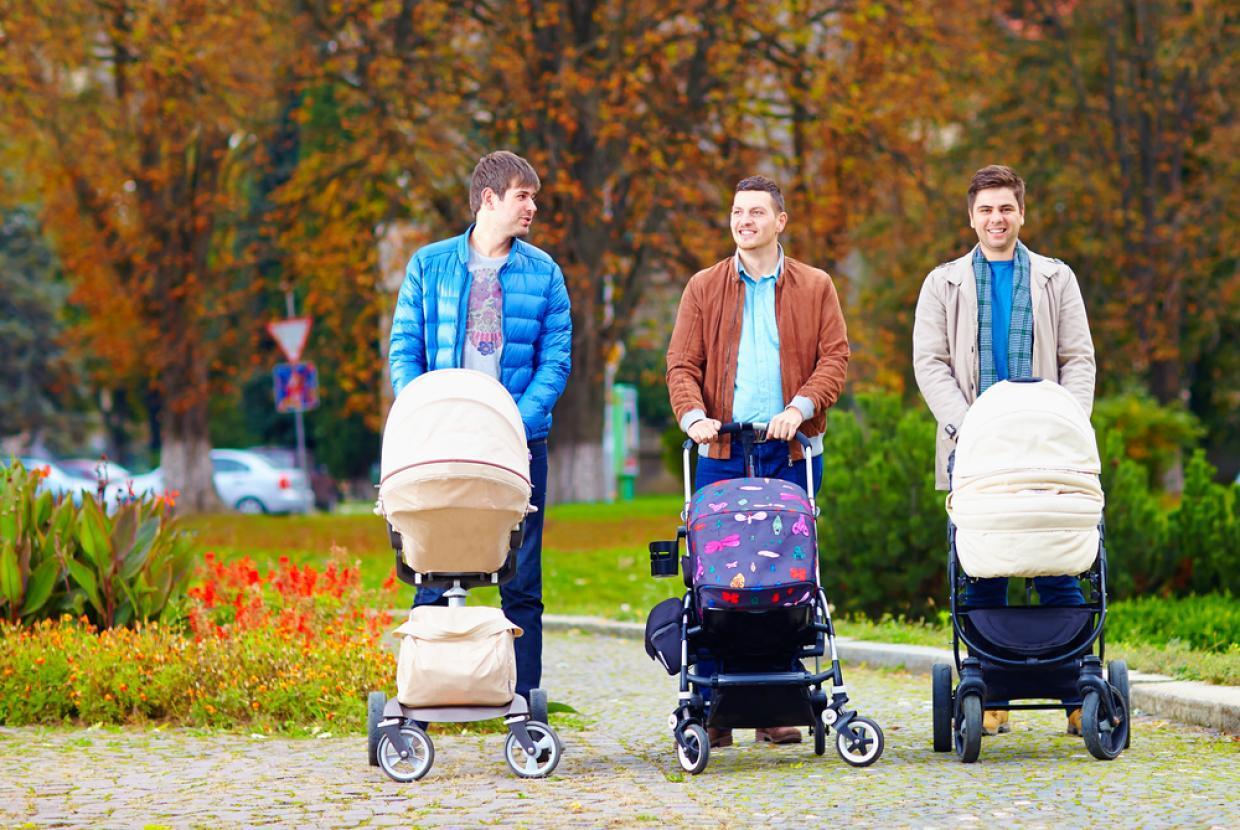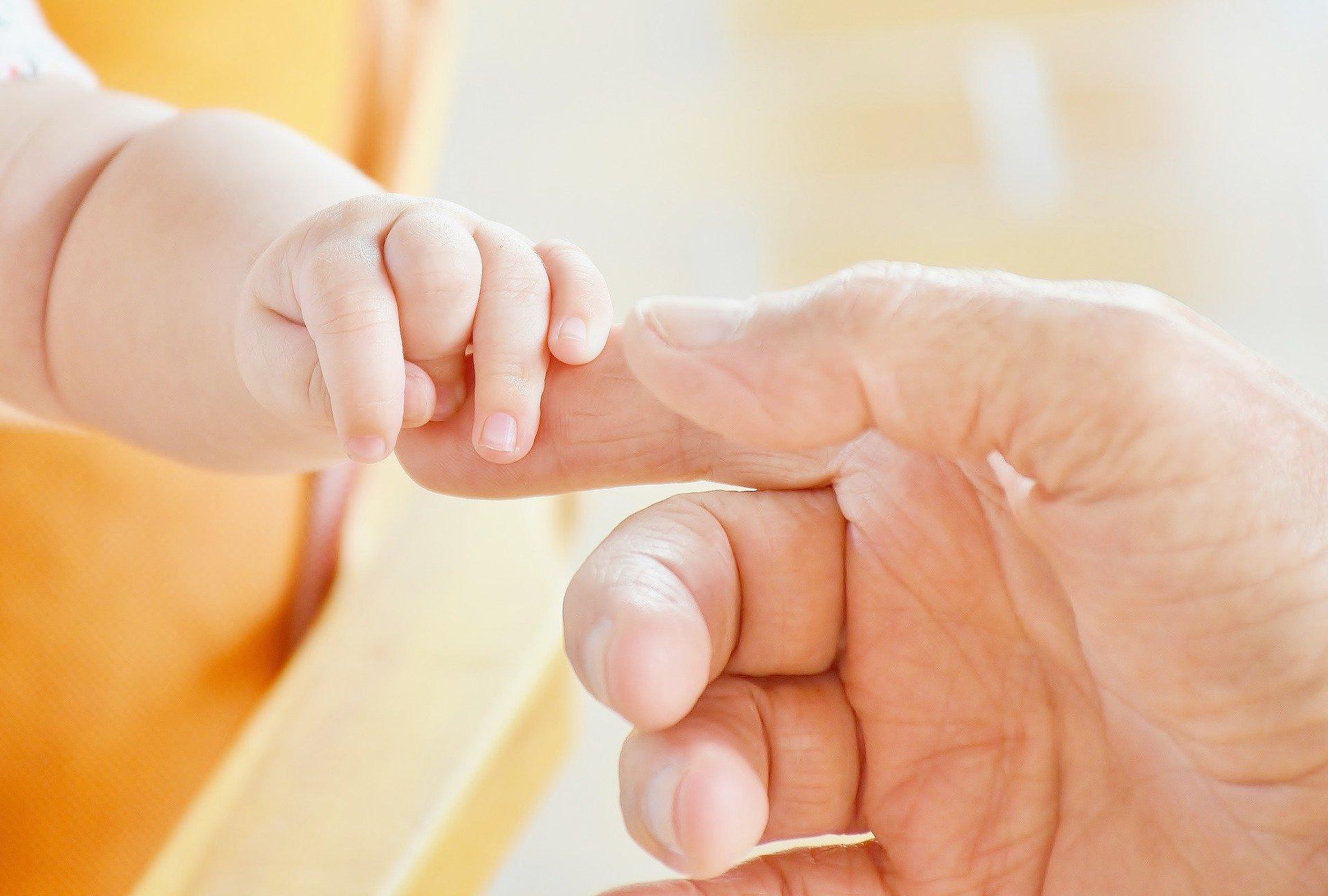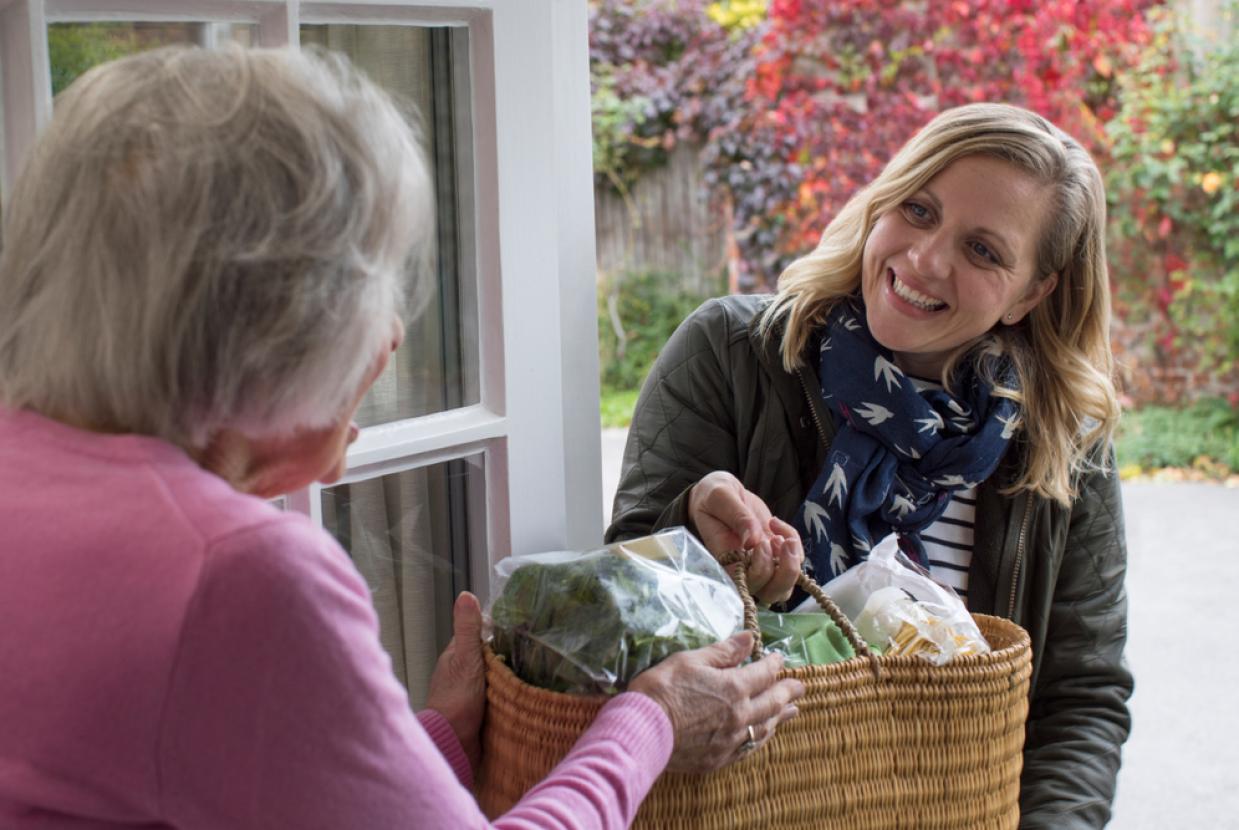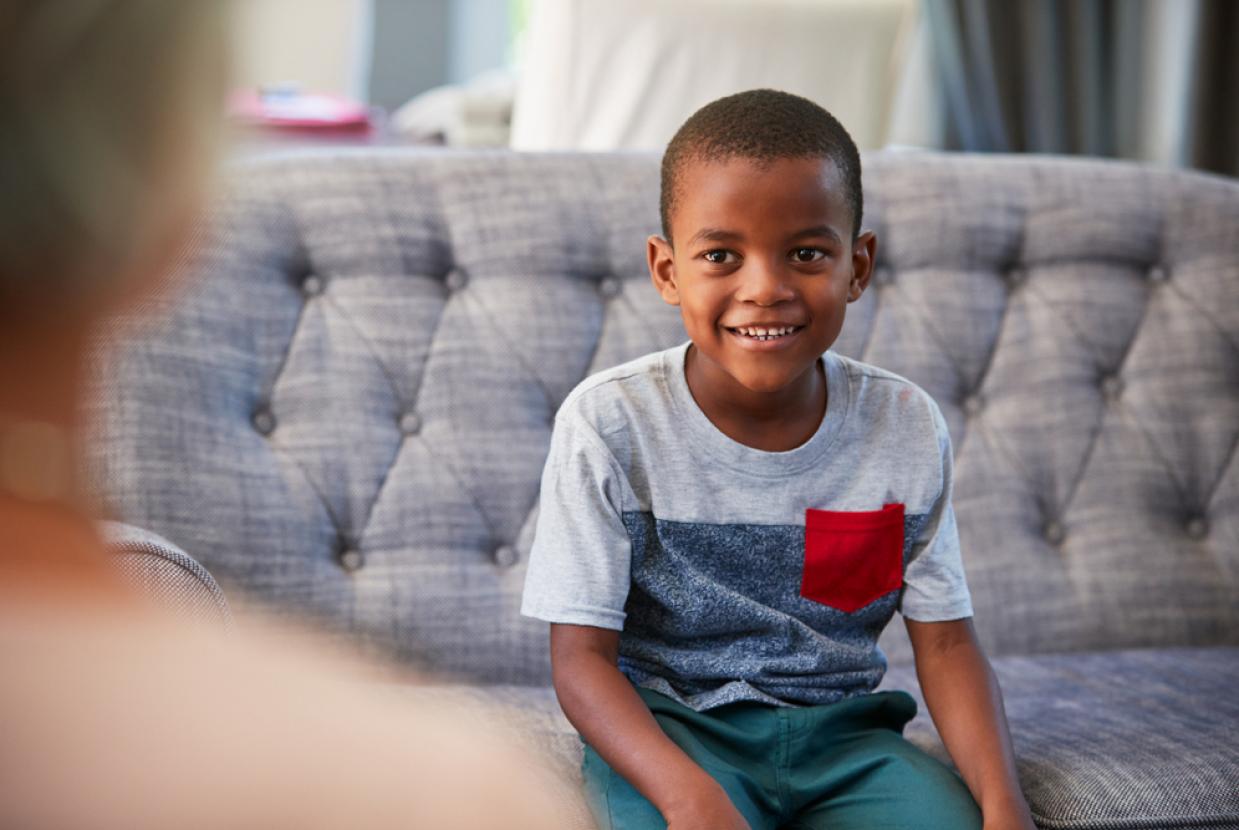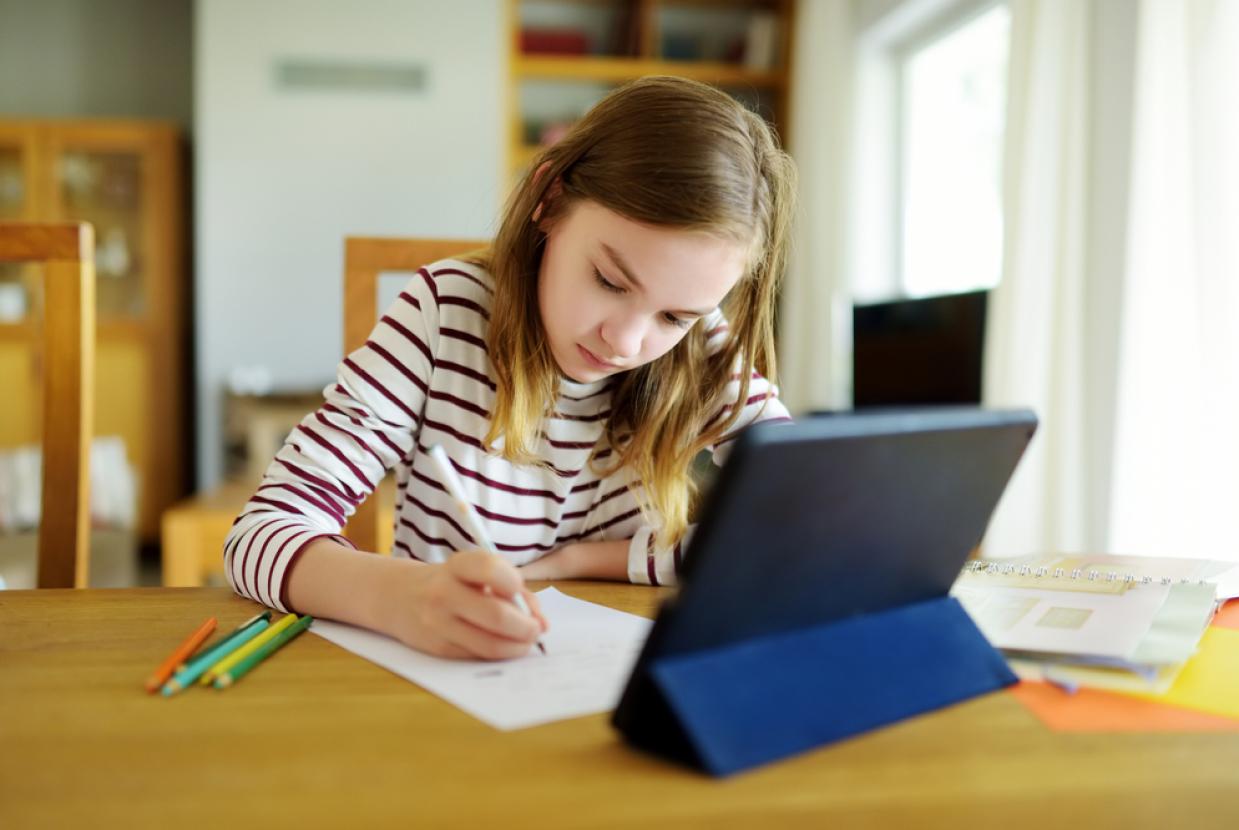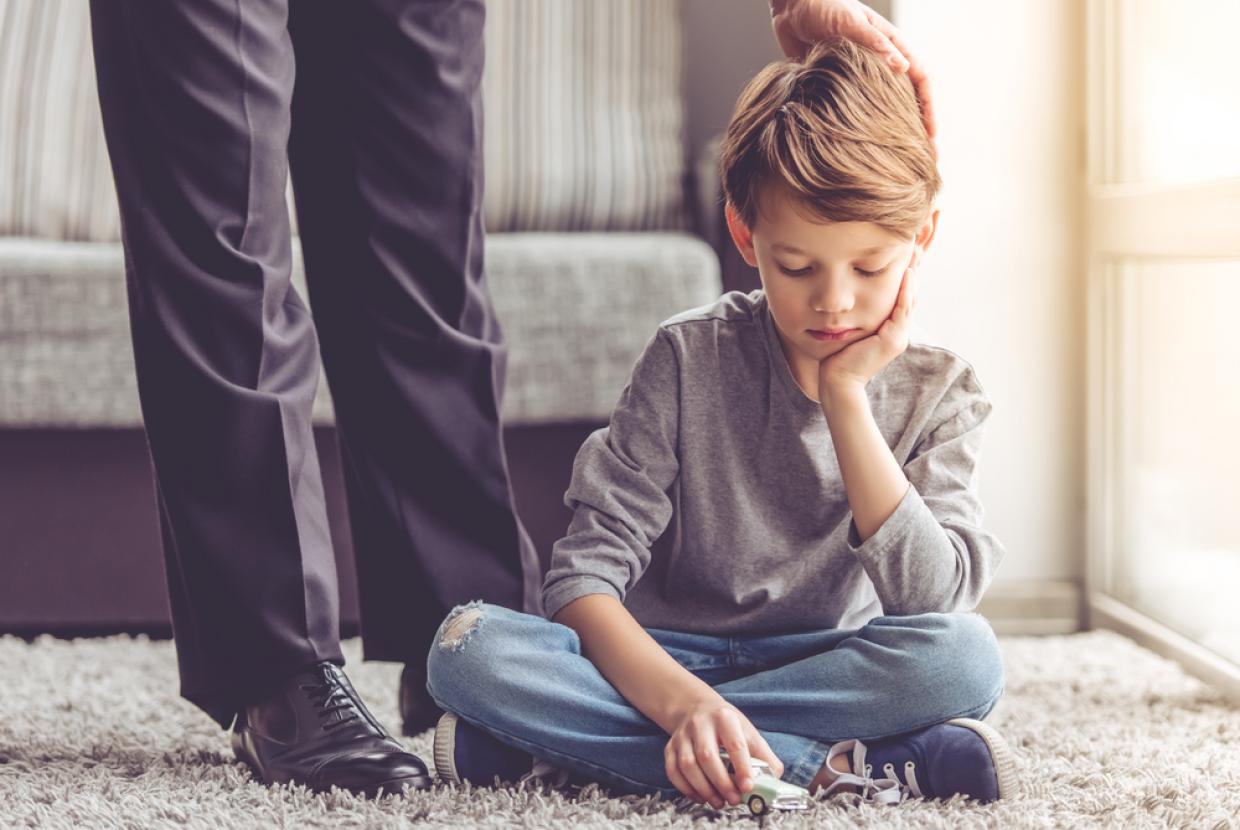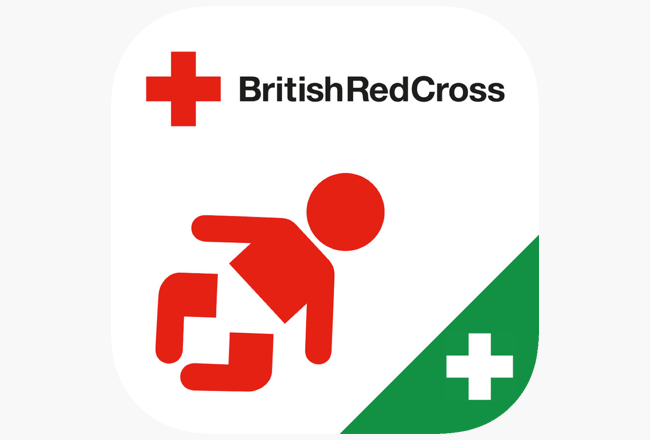Parent’s Guide: School Transitions
Family HealthStarting a new school can be a challenging period for parents, children and teachers. The importance of a successful transition (both socially and academically) is significant. It can be a critical factor in the child’s future progress and development (Fabian, 2015).
Transitions involve a complex arrangement of different environmental, social and educational factors. It is normal for a child to be worried or excited about starting “big school”. It is also very common for parents to have concerns about their child.
Parents usually have concerns around:
- Academic adjustment: Will my child settle into new school work? Will they flourish or struggle with the curriculum?
- Social adjustment: Will my child adjst well to new social interactions and expectations? Will they make friends and “fit in” well?
What Research Says
Adjusting to a new environment is an important part of any transition. Parents and children may view these adjustments differently. In a study of Australian parents and children entering primary school, Docket and Perry (2004) found that adults saw adjustment in terms of settling in to a group or interacting positively with teachers. Children, on the other hand clearly identified the importance of rules (and knowing them) as part of starting school.
Children may also be more worried than they need to be. An International study of children progressing to secondary education found that only around half thought the transition would be positive, but after the first year almost 70% said the transition was either “easy” or “very easy” (Water et al. 2014).
One aspect that teachers have raised that was overlooked by some parents is the importance of a child being well-rested and well-fed before arriving at school (Docket & Perry, 2004). It was not that parents did not feel that children needed good sleep and food before school, but that they may underestimate the degree to which an extra hour of sleep or not skipping breakfast helps children to settle into a new environment.
Communicating with the School
Teachers and the school generally are allies in the efforts to improve a child’s transition. Teachers, like parents, want children to be happy and to adjust well. Children thrive most when parents, and teachers work in partnership. Parents should make every attempt to engage with schools and teachers as much as possible, and take their views and expertise into account. Likewise, schools need to ensure their environments are welcoming and engaging for parents to come into. Teachers need to know and understand the importance of working in partnership with parents and learn how to work successfully together.
Engaging with schools and communicating with your child/young person can help to make the transition easier for everyone. Children noted they feared that they might lose contact with former friends, get very strict teachers, or be subjected to bullying (Strand, 2019) in a new school environment. In a number of studies children noted significant fears were:
- Not knowing the new teacher(s)/attitude of the new teacher(s) (Rodrigues et al. 2018, Strand 2019, Docket & Perry 2004);
- Friends (Fabian 2015, Van Rens et al. 2015, Docket & Perry 2004).
Parents can talk to their child regarding their concerns about teachers. Some of these fears may be exaggerated and can be easily dealt with by reassuring children. Others may benefit from getting the opportunity to speak to teachers before the transition at events like open nights. If your child demonstrates a particular concern about one or more teachers, it may be worth exploring options to speak to them.
The vast majority of teachers, even when under immense time pressures want children to feel comfortable in their classes and for their students to have a smooth transition. Partnership working with the school and teachers is an essential element of getting ready for a new school.
Making Friends
When it comes friends, it is beneficial in many cases if a child can transition with a pre-existing friend. However, this is not always possible. If you are concerned about your child’s ability to make new friends or deal with unfamiliar social interactions, paediatric behavioural health specialist Kristen Eastman (2016) gives the following advice:
- Observe how your child socialises. You may notice behaviours that are holding them back and can gently encourage behaviours that help;
- Model positive behaviour yourself. Children learn how to socialise in part from watching their parents. Try being more social when your child is with you if possible;
- Role-play at home. If your child is older, you can talk through how to start conversations and make friends and practice at home. If you struggle with this yourself consider asking a friend or family member;
- Encourage your child to take part in activities that are social in nature, like sports or clubs;
- Reinforce and praise positive examples of social activity;
- Set up opportunities like play-dates if age appropriate;
- Don’t compare them negatively to more social siblings or yourself.
Helping your child to have strong social skills can dramatically reduce levels of stress in children transitioning to new school environments.
Making the Transition
Parents should take advantage of all opportunities to get to know as much as they can about the school they are sending their child to. The more you know about the school your child will be attending, the less you are likely to stress.
If your child sees you as being relaxed about the new school, it may help to reduce their own feelings of unease. Additionally, being able to answer your child’s questions can help to make the transition less difficult. NI Direct provides a range of information regarding schools in Northern Ireland including:
- Inspection reports;
- School transport information;
- How to obtain a school prospectus;
- Extended services.
It might be a good idea to go through this information with your child. By doing so, you can de-mystify the new school. You may also want to trial the school journey, particularly if your child is going into a new town or city and travelling by unfamiliar means such as bus or train.
Travelling the route together in advance and considering the options for which paths/ routes to take will help set your child’s mind at rest and will help them have less to be worried about.
Your child (and you) may still feel a level of anxiety, even after taking these precautions. Do not worry, and remember that in addition to the school itself, many support organisations exist that can provide help and advice including Parenting NI.
Build a strong support network around yourself and do not hesitate to seek assistance if you suspect you may need it. Finally, remember that for most children, transition to “big school” is exciting. Embrace the change as best you can, and encourage your child to feel the same.


